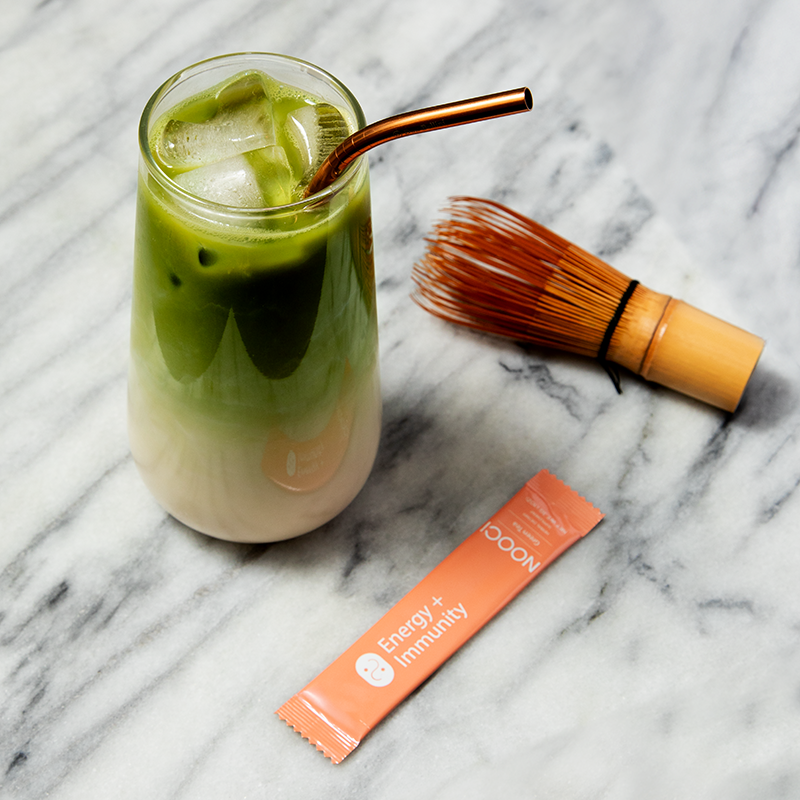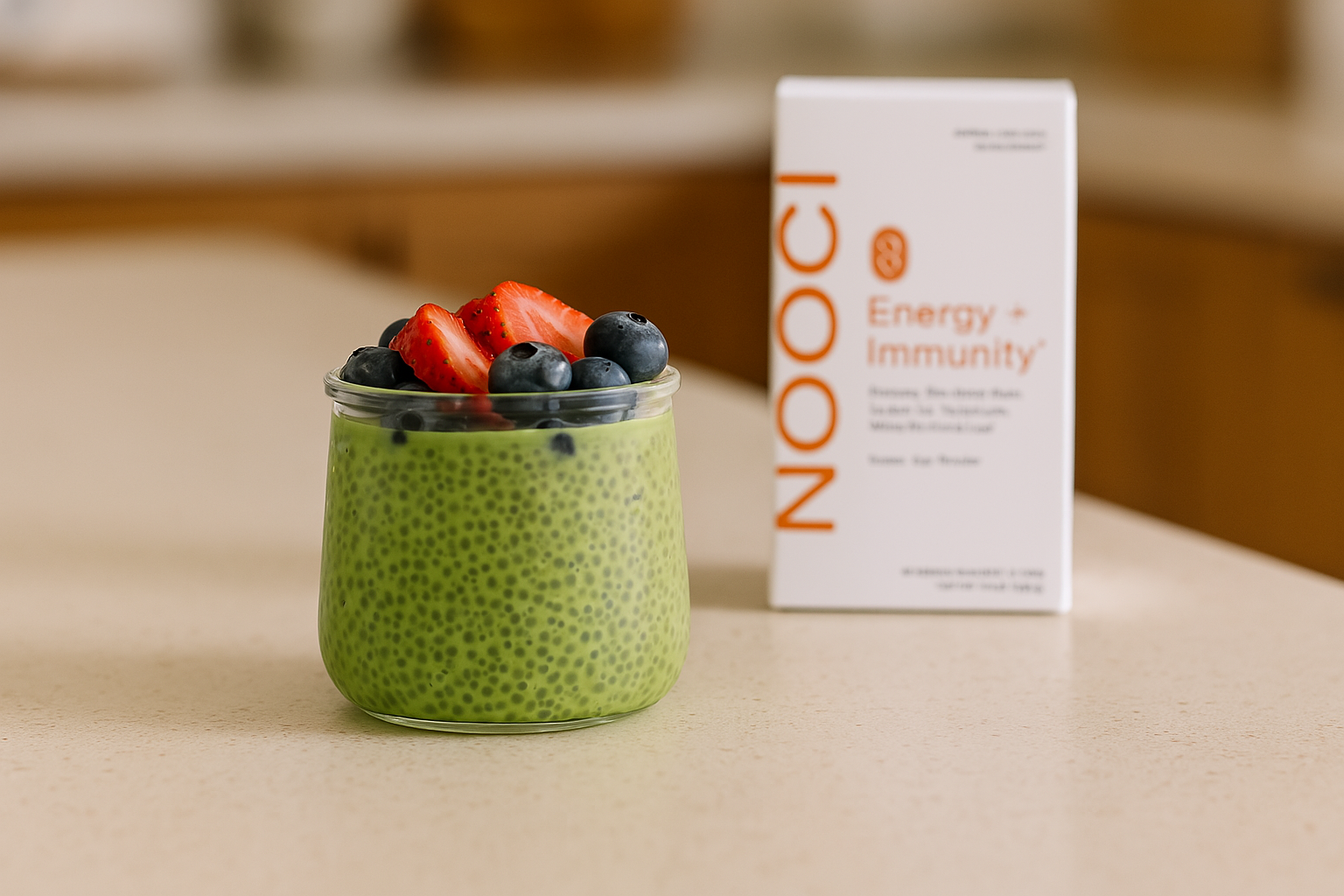Runny nose, itchy, watery eyes, you know the drill; allergy season is here.
Typically, these symptoms are treated with over-the-counter medications. Still, those come with side effects, such as drowsiness, dry mouth, and blurred vision. [source] Thankfully, there are alternative ways to combat your allergies.
In addition to treatments such as acupuncture and acupressure (link to the previous post), you should also consider your nutrition and stress levels.
Ensuring an anti-inflammatory diet is a great way to combat stubborn allergy symptoms. When exposed to an allergen, our body produces histamine, often in excess, to stimulate the inflammatory response by the immune system and trigger your host of not-so-fun symptoms. [source]
Research also shows that a high-stress lifestyle can increase inflammation and worsen allergy symptoms. Managing your daily stress and focusing on an anti-inflammatory diet may help ease your body's excessive response and lessen the severity of symptoms.
Eat Up: Focus on an Anti-Inflammatory Diet
Food rich in anti-inflammatory compounds include:
- Fruits, such as berries, cherries and citrus fruit
- Vegetables, such as spinach, kale, carrots and beets
- Eggs
- Nuts and seeds, likes pecans, flaxseeds and chia seeds
- Omega-3 Fatty Acids such as salmon, sardines and tuna
- Dark Chocolate, yes, you read that right! Just make sure it's free of sugar.
- Legumes, such as lentils, pinto beans and black beans
- Green tea
To make the most out of enjoying these antioxidant-rich foods, begin minimizing your consumption of heavily processed and refined foods. For example, fast food, sugar-rich desserts, soda, other sugar-sweetened beverages, and fried foods can promote inflammation throughout the body. [source]
Increased inflammation throughout the body may make it more difficult for your immune system to manage a healthy response to allergies.[source]
On the other hand, specific nutrients are known to possess high anti-inflammatory properties. Quercetin is a plant-based nutrient found in apples, citrus fruits, berries, and onions. Quercetin is believed to decrease the release of histamine, which may be vital in decreasing allergy symptoms. [source]
Vitamin C, present in foods such as tomatoes, berries, red bell peppers, and berries, also has an antihistamine effect. Additionally, including Omega-3 fatty acids in your diet from sources like salmon, walnuts and flaxseeds may aid in decreasing inflammation and support a healthy immune response.
Finally, don't forget to get adequate sunlight if it is available. Low Vitamin D levels have been linked to an increased risk for allergies and asthma. If you cannot get adequate sunshine, speak with your practitioner regarding proper supplementation. While a well-balanced diet rich in anti-inflammatory foods is a critical step in combating seasonal allergies, don't forget about your stress levels.
Calm the Mind: Manage Your Stress Levels
Chronic stress and anxiety may contribute to heightened seasonal allergy symptoms. [source]
If you find yourself dealing with high-stress levels daily, you cannot let it go. You must take the time to address your stressors by partaking in practices such as journaling, meditating, or getting help with stress management techniques from a professional.
Additionally, treatments such as acupuncture can be powerful in lowering stress throughout the body. Finding ways to manage your stress is a necessary part of a healthy lifestyle and essential for a healthy immune system.
Final Thoughts
Seasonal allergies can make it difficult to enjoy your day-to-day activities.
While every allergy cannot be addressed with diet changes and stress management, the severity of seasonal allergy symptoms may be lessened.
If you are looking for additional natural remedies, consider trying Noo Air. Noo Air is a natural herbal formula that helps alleviate common symptoms caused by nasal allergies. With ingredients such as reishi mushroom, perilla leaf, and mint, it can support immune health and may decrease allergy symptoms.
Finally, if you are struggling with your allergies, consider working with a trusted practitioner to help you get to the root cause of your imbalances.
----------
Important Note: This article addresses seasonal allergies; if you are allergic to specific foods, drugs, animals, or insects, it is best to avoid triggers altogether.






